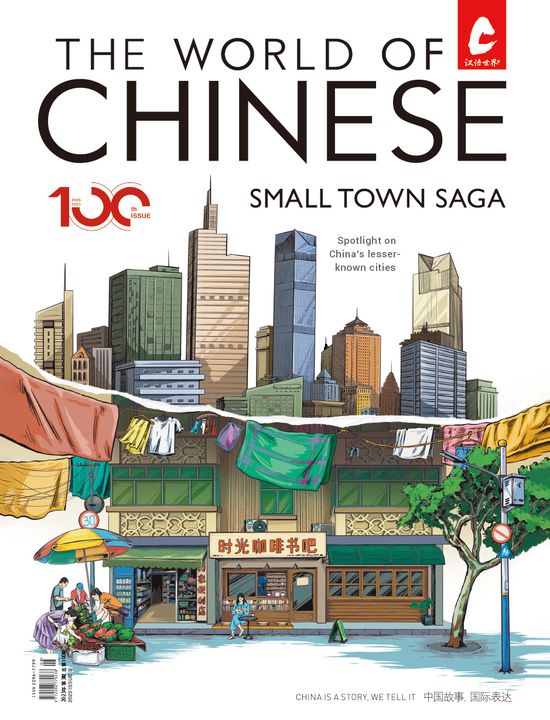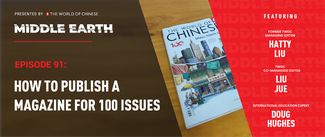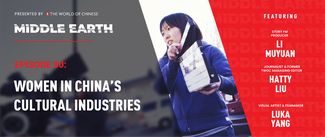Chinese American hip hop artist Bohan Phoenix reaches beyond his “in-between identity” to craft new sounds
Effortlessly funky bass lines and guitars reverberate, weaving in and out of a jazzy brass section as Chinese American rapper Bohan Leng, who goes by the stage name Bohan Phoenix, spits a love letter to the Big Apple on “New York Made Me” in his signature straight-talking wit. The opening track of his debut album Cities Are for Fools, this is a live music-inspired ode to the city where he’s lived since 2010:
Got the fuck up out the country then I realized
What I needed was in front of me the whole time
I don’t know what I would do without these trill lights
Without these vibes I could probably kill life
A seasoned performer who has divided his time between China and the US for a large portion of his career, Leng pays homage to New York, LA, Boston, and Chengdu in his long-awaited album, a culmination of the rapper and activist’s philosophies regarding life, and how the cities he’s lived in have shaped him.
Born in China’s Hubei province, but having moved to Massachusetts at the age of 11, Leng’s body of work to date has been marked by themes of being foreign in both cultures, and the push-and-pull of finding ones’ roots while being far from home. He has previously dropped tracks such as “JALA” (2017), “FOREIGN外國人” (2016), and “OVERSEAS 海外” (2018) which fast solidified his niche as a rapper who focused on the “in-between identity,” alongside pioneers such as MC Jin, the first Chinese American rapper to be signed to a major US label, and Wang Leehom, who created his own “Chinked Out” sound fusing Chinese traditional music with hip hop elements.













